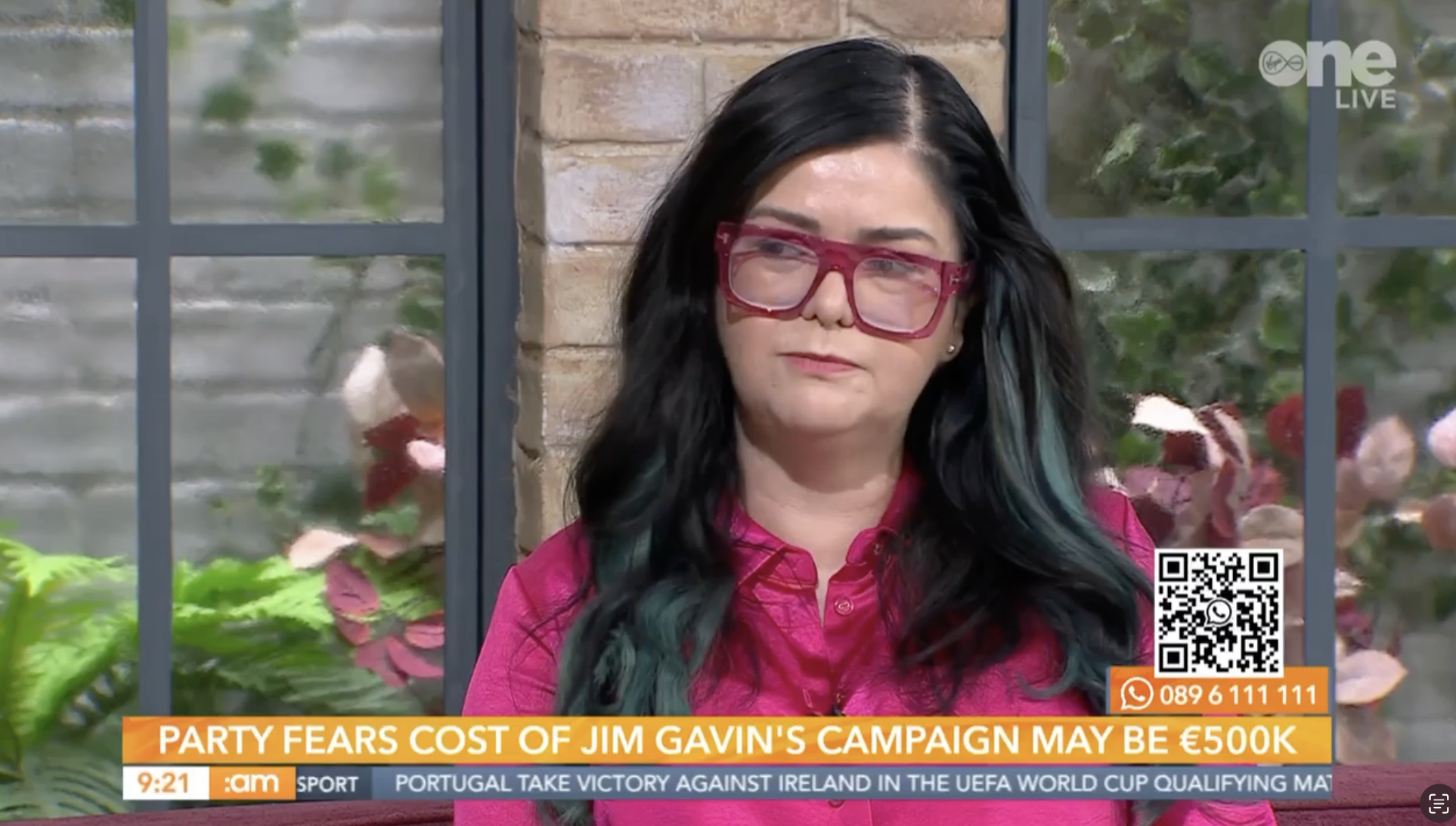Communications Case Study: Lessons from Fianna Fáil’s 2025 Presidential Campaign Collapse
Speaking on Ireland AM on Virgin Media TV earlier this week.
Much will be written about Ireland’s Presidential election of 2025. Much will be learned from reflecting on the campaign. With over a week to go before polling day it’s too soon for a post mortem on the campaign in its entirety.
However, we can at this stage examine the implosion of the Fianna Fáil campaign and the ramifications of putting forward an inexperienced candidate, in political terms anyway.
The party went against the grain and chose a candidate from outside of its ranks and while various spokespeople have asserted in recent days that a robust due diligence process did take place, it’s clear it wasn’t robust enough.
We now know Gavin had been a landlord and had an unresolved dispute with a tenant. The story came out first in rumours and then in print in the Irish Independent. The dispute centred on 3,300 euro. Not a massive sum of money, in fact had it been picked up during that robust due diligence process it could have been easily resolved. In comparison to a total campaign spend of 500,00 euro 3,300 euro was hardly insurmountable.
How the situation unfolded over the first weekend of October, for me is the most concerning part. The party was made aware that the dispute was legitimate and yet Gavin was still sent out for a TV debate before later in the day quitting the campaign. That sequence of events speaks volumes about decision-making under pressure, and about the absence of a clear crisis communications plan.
As someone who works with leaders on communicating with confidence and clarity, I see this as a case study in the importance of preparation. Politics is brutal, but the same applies in business and leadership. If you’re putting yourself or your organisation in the public eye, you need to be ready for scrutiny.
Because whether you’re leading a campaign, launching a product, or representing your company, one thing is guaranteed: there will be a crisis moment. What matters is how prepared you are to handle it.
So, what can we learn?
Plan before you launch. Have a clear crisis communications strategy that outlines who speaks, when, and how.
Rehearse for reality. Run through interview scenarios, tough questions, and unexpected situations.
Audit your risks honestly. Identify potential “banana skins” and resolve them before going public.
Craft consistent messaging. Keep it clear, concise, and true to your values so it resonates when pressure mounts.
Preparation isn’t about pessimism. It’s about professionalism. The stronger your foundation, the more confidently you can respond when things go wrong, and they always will, eventually.

